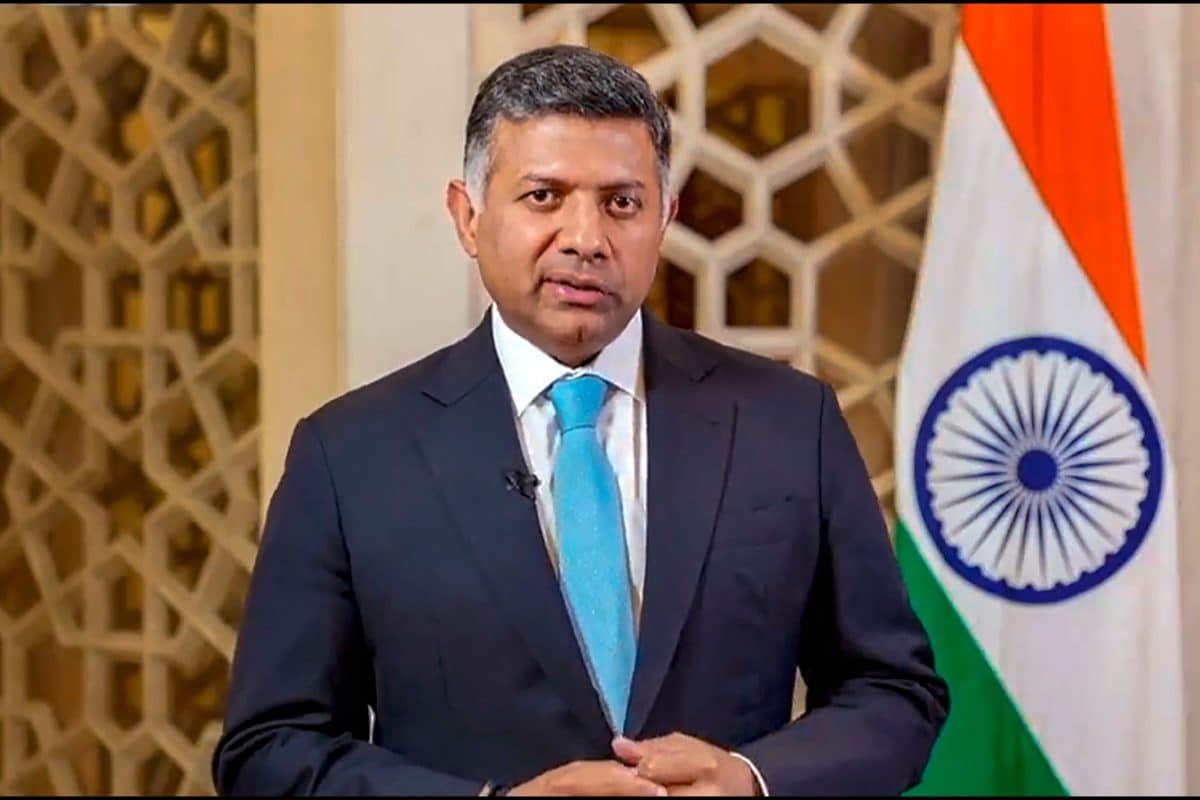

In the wake of heightened tensions following the deadly terror attack in Pahalgam on April 22, where 26 civilians were killed, India has taken a firm stance against Pakistan's support for terrorism. Indian envoys at international forums have vocally condemned Pakistan's actions, highlighting evidence of the Pakistan Army's backing of terrorist groups.
India's Deputy Permanent Representative to the United Nations, Yoja Patel, called out Pakistan for sponsoring terrorism. Patel pointed to recent admissions by Pakistan's Defence Minister, Kuaja Aif, regarding the country's support and funding of terrorism for the past three decades. According to Patel, this revelation exposed Pakistan as a "rogue state fueling global terrorism and destabilizing the region".
Echoing this sentiment, India's Ambassador to the US, Vinay Kwatra, defended India's cross-border strikes, dubbed "Operation Sindoor," as a response to the Pahalgam terror attack. Kwatra accused Pakistan of siding with terrorists and emphasized that the strikes targeted terror networks while avoiding military and economic assets. He stated that "Pakistan has again decided to stand with the terrorists... rather than acting against them, they are lending support".
India's Foreign Secretary, Vikram Misri, reinforced these accusations, stating that Pakistan's reputation as the epicenter of global terrorism is rooted in numerous instances. He alluded to the discovery of Osama Bin Laden in Pakistan and the fact that Pakistan is home to many UN-proscribed terrorists. Misri also pointed out the acceptance by Pakistan's Defence Minister and former Foreign Minister of their country's involvement with terror groups.
Adding to the condemnation, former US Ambassador to the United Nations, Nikki Haley, backed India's right to retaliate against terrorism, asserting that "no country gets a pass for supporting terrorist activity".
In response to the Pahalgam terror attack, the Indian Armed Forces launched "Operation Sindoor," conducting precision strikes on nine terrorist camps in Pakistan and Pakistan-occupied Jammu and Kashmir (PoJK). India has maintained that these strikes were "targeted, measured, and non-escalatory," aimed at dismantling terrorist infrastructure and preventing further attacks. The operation targeted key terrorist groups, including Jaish-e-Mohammed (JeM) and Lashkar-e-Taiba (LeT).
Following India's strikes, Pakistan's National Security Council (NSC) authorized its armed forces to take "corresponding actions," claiming a violation of sovereignty and civilian casualties. However, India has asserted that its strikes were conducted from its own airspace and that no military establishments were targeted.
The international community has reacted with varied responses to the escalating tensions. While some countries, including the United States, Japan, and the UAE, have called for restraint and dialogue, others, like Israel, have firmly backed India's right to self-defense. China has condemned the strikes and urged both sides to remain calm, offering to play a "constructive role" in easing tensions.
India has made it clear that the onus of de-escalation lies with Pakistan, emphasizing its role in fostering terrorism. India's actions are aimed at promoting peace by eliminating terrorists and holding Pakistan accountable for its support of terrorist activities.